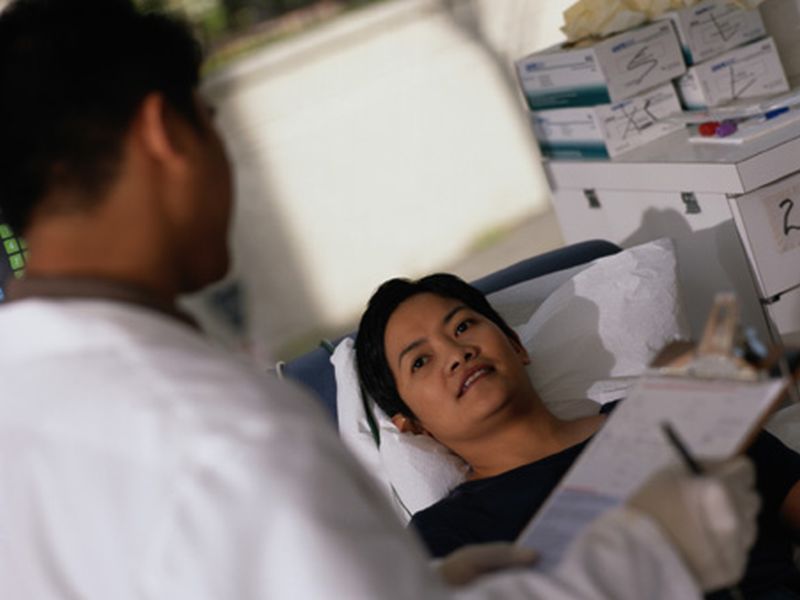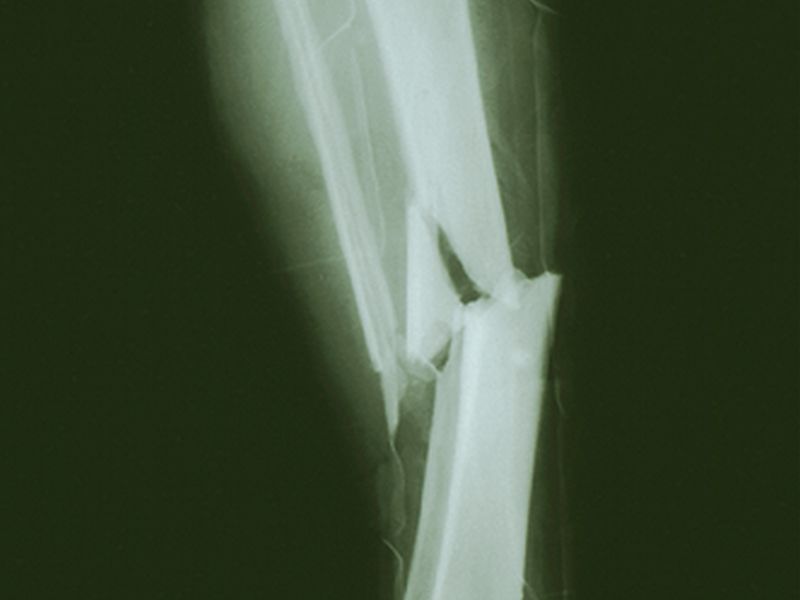
Uncontrolled high blood pressure is dangerous and could even lead to death, the American Heart Association says. The AHA offers these suggestions for controlling high blood pressure: Know your numbers and identity your target blood pressure range. Work with your doctor to develop a plan to lower your pressure. Make lifestyle changes — such as… read on >




























